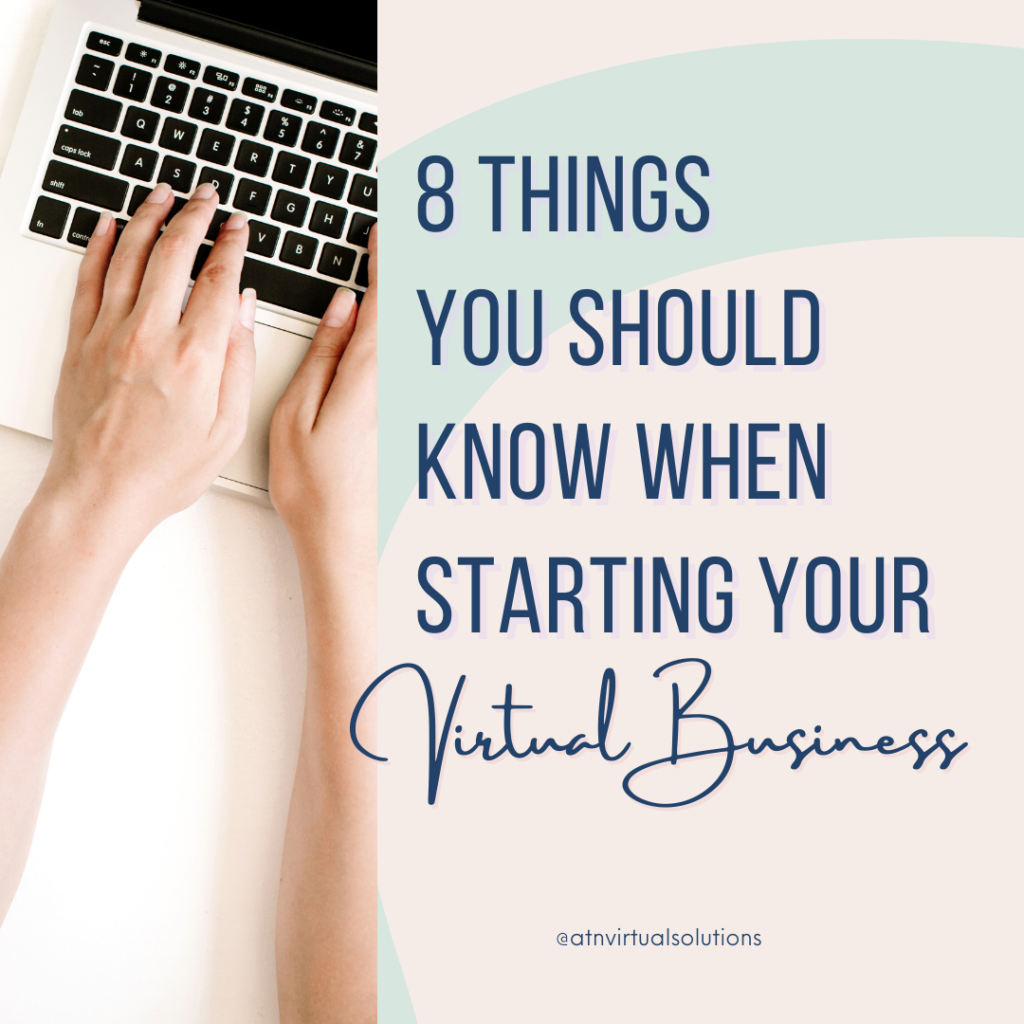
Starting your own business can be one of the most exciting and rewarding things you’ll ever do!
It’s also a great way to start earning money from home. But as any small business owner will tell you, starting up isn’t easy. There are many things to consider when starting a new business, especially if it will be run virtually. In this article, we’ll look at some common challenges that come with virtual businesses and how to overcome them so you can build your company successfully!
1. Define your Mission Statement
Your mission statement is the foundation of your business. It should be a clear and concise description of what you do and why you do it.
Do this exercise: write down everything you think about when you hear the word “mission”, then take each piece and ask yourself if it’s relevant to what you do. You can also try asking others for their thoughts on what a mission statement looks like, as well as sharing with them what your own idea is like in order to get other perspectives.
Remember that your mission statement should be written in customer-focused language that describes how you help others—not just what it is exactly that they need from you. For example, instead of “Our team provides quality customer service” try something like “Our company strives to provide top-notch service so our customers always feel valued.”
2. Write your Elevator Pitch
The elevator pitch is what you can expect to be asked about when you meet with a potential client. The idea is that you’re on an elevator with someone who might be looking for what you offer, and they ask: “So what do you do?”
Your answer should be short and sweet, but memorable. It should explain your business in a way that adds value to the person listening. It should offer them an attractive reason why they should choose to work with or buy from you over your competitors.
Elevator pitches are also great for explaining yourself to people who have never heard of your company before (say, if someone asks about it at a party). You simply need to be able to provide them with enough information so they understand what kind of service, product, or idea that makes sense for their needs.
3. Find your target niche
When you’re starting out, the best way to find your target niche is by getting to know your audience. What are their interests? What do they need the most help with? What’s been holding them back from achieving success in their business?
These questions will help you identify a small subset of your overall target market (i.e., one or two specific segments) that has the biggest need for what you have to offer. Once you’ve narrowed down this group and identified its needs, start thinking about where else these people could be found online—and how they’re currently being targeted by other businesses.
To get started on this process, try Googling keywords related to your industry and then dig deeper into those terms to best position yourself in front of your ideal clients.
4. Research your competition
It is a good idea to do research on your competition. This can be done by checking out their websites, social media accounts, and reviews. You can also take a look at what they are offering for price comparison purposes. The reason this is important is that it will give you an idea of what is already out there and whether or not there are any gaps for you to fill with your own business plan.
It’s also important to see if there are any customers who have had bad experiences with your competitors or if anyone has complained about them publicly online (e.g., Facebook groups).
That way, when they come to you with questions, concerns, or complaints about their previous experience, they’ll be more likely to believe that yours will be different because it wasn’t just someone else telling them so—they’ve seen it themselves!
5. Set realistic goals with action plans
The first step to achieving your goals is defining them. You need to know what you want so that you can create an action plan for how to get there. To do this, break down your goals into smaller pieces and set deadlines for when you will accomplish each one.
For example, if one of your goals is to get a new client within 30 days, then create an action step such as “create a list of 10 prospective clients.” Then set deadlines for completing important steps like finding the time and energy necessary to focus on prospecting (maybe making it part of your lunch break or taking advantage of free evenings).
Taking this approach will help you keep track of where you are in terms of reaching each goal and seeing how far along the path to success you are at any given time. This helps prevent procrastination by keeping stress levels under control!
6. Create a business plan
A business plan is a written document that outlines your business goals, strategies, and reasons for starting the business. It’s a road map that helps you stay on track and reach your goals. A good plan can be used to attract investors if you’re looking for funding, or it can act as a framework for operating your company.
A good business plan should include:
- A description of the product or service being offered (also known as its “value proposition”)
- An overview of the market in which it will operate
- A summary of any research or market analysis done to date
- Estimates of how much money will be needed to get started
You can download your free Business Plan Template HERE.
7. Choose a name and get a domain
When you’re choosing a name for your business, make sure it’s unique and easy to remember. You might think that the more difficult it is to spell or pronounce, the better—but this just makes it harder for people to find you online. If your domain name contains typos or spelling errors, potential customers will be less likely to trust what they see on your website because they’ll assume that something else is wrong with their own searches.
When you’ve decided on a name, look up its availability on social media platforms (Facebook, Twitter) as well as search engines like Google and Bing. It’s worth investing in getting all three domains because most virtual businesses rely heavily on social media and SEO marketing strategies (more about those later).
8. Remember to contact your tax agency to get the proper licensing.
Some things you should know when starting your virtual business:
- Remember to contact your tax agency to get the proper licensing. You’ll need to report any income and pay taxes on it.
- Keep records of your business income and expenses, so that you can accurately report them on your tax return every year.
- You may also have to file quarterly estimates with the IRS if you expect more than $10,000 in income during the year (or $1 million at some point in time).
- If there is any profit left over after paying all of these expenses, then that’s taxable income as well!
Remember…
There are a lot of things to consider when starting a virtual business, but the most important thing is to get started. The sooner you start taking action on your ideas, the sooner they will become reality!
Remember to be authentically you!
<3 Angel
